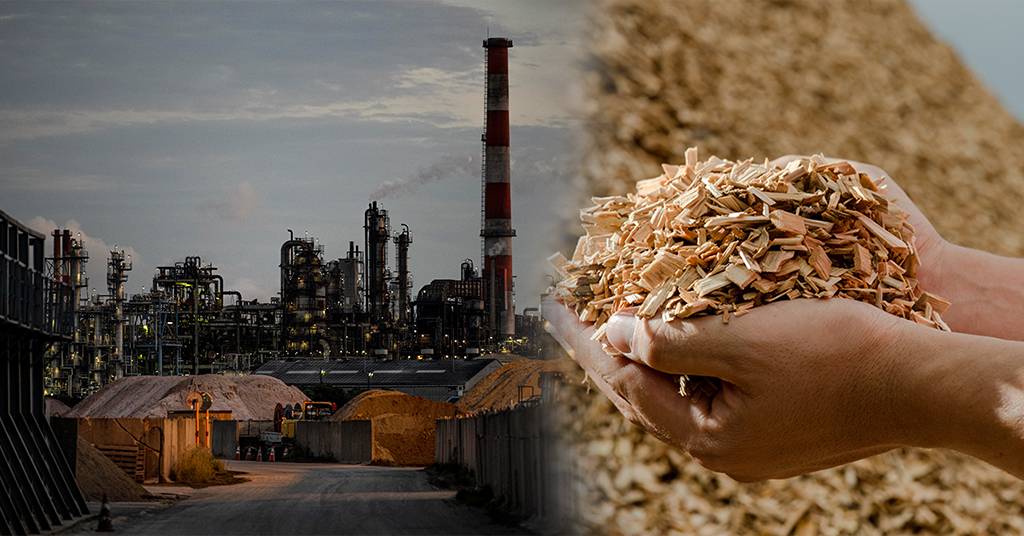Welcome To ChemAnalyst

China: US-China competition shapes international relations in the 21st century; geopolitics of energy crucial but misjudged as American public perceives China's advantage due to domestic green industrial complex influence, while US holds strategic upper hand.
Contemporary energy usage hierarchy reveals oil as largest single source, reigning supreme despite green transition; IEA forecasts 29% share for oil in global energy supply by decade end and 27% by 2050, with increasing demand for Crude to reach historic high in 2023.
US, as the leading producer and net exporter, has experienced booming output in the past decade which has provided economic benefits and strategic insurance policy. The production capacity spans from the Gulf of Mexico to Arctic waters off Alaska, making US benefit from the global oil consumption trends.
China's energy security situation draws a negative image in contrast to assuring snapshot; doubled economy since 2010 spikes oil consumption by over 50%, emerging as second largest global consumer, but stagnant oil production leaves China consuming nearly four times more than it produces annually.
Amped up oil imports to China raise concerns for Beijing strategists; US companies contribute to growth by selling quarter-billion barrels annually for last three years, but main oil sources in Persian Gulf raise national security issues, potentially accounting for 80% of China's imported oil supply.
Strategic chokepoint at Malacca strait raises concerns for China’s Mideast oil supply; transit from Indian ocean to pacific bottlenecks in Singapore with less than 2 miles in width, highlighting national security issues and regional partners; China’s supremacy at Taiwan strait could provoke conflict, but US, India, Australia, and other partners could retaliate at Malacca strait with blockade tactics.
Aggressive posture in South China sea rooted in deficiency of energy security; encroachment on territorial claims of littoral states including Vietnam, Philippines, Indonesia, and Malaysia mirrors hope of securing offshore oil east of Malacca strait; heavy investment in alternative energy also reflects China’s need to address the issue.
China’s alternative energy portfolio buildout aims to address existing oil vulnerabilities; focus on battery technology supply chain and electric vehicles serves as strategic move to alleviate concerns; environmental groups credit China for climate policy leadership, but geopolitical lens reveals acceleration of investment in alternative energy systems.
Asymmetries provide advantage, but policy hinders growth with explicit oil production restrictions in certain offshore areas and proposed "windfall" profit taxes; environmental quality serves as justification for such punitive measures, although recent work from institute for energy research highlights production's top-flight status; hemming in US production does not align with IEA expectations for oil's global status in 2030 and 2050, pushing production elsewhere instead; source-neutral addressing of externalities associated with burning of Hydrocarbons would serve as a more sensible approach to environmental questions.
China’s advantage in alternative energy amid rise of new energy tech, but only if US and its global economic and strategic partners force transition to China-dominated technologies before their own supply chains mature; alongside sound oil strategy, environmental policy overhaul needed in US to enable market development of resources and supply chains through liberalization of permitting for mining and other examples.
US must prioritize maintaining existing advantages alongside racing smartly on new energy tech, with arctic region an important area in peril; China and Russia’s growing political and economic alliance endangers US advantage in Arctic, with Russian oil potentially serving as China’s lifeline despite costly delivery options such as expanding pipelines through Siberia or navigating icy waters of Arctic ocean; while Russia and China plan to operationalize Arctic theater, US policy closes itself off following president Biden’s bar on future development across Alaska’s Arctic ocean shelf in march 2023; pledge to 'end fossil fuel' anchors executive branch position, but foregoes potential economic and energy security gains.
New era of geopolitical competition calls for strategic maintenance of status quo, conferring distinct advantages to leverage asymmetry in America’s favour, while moving toward pledge to end fossil fuels has proven foolish and a blunder; China’s oil weaknesses and US oil strengths undervalued, highlighting need for policy that elevates relations with states adjacent to Malacca strait through trade and other statecraft instruments, alongside facilitating continued oil production at home.
We use cookies to deliver the best possible experience on our website. To learn more, visit our Privacy Policy. By continuing to use this site or by closing this box, you consent to our use of cookies. More info.
